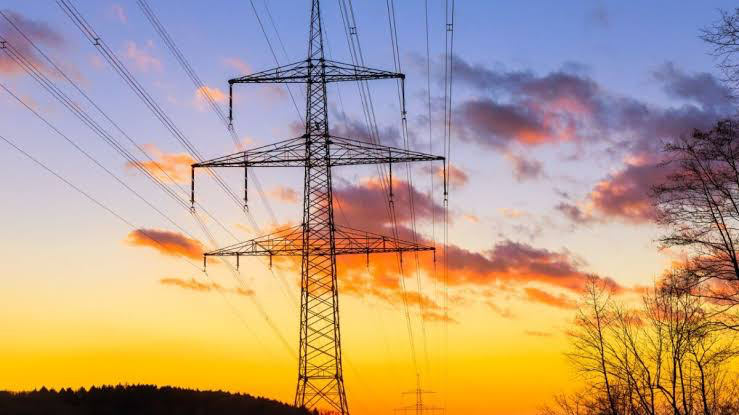In a move to tackle the persistent power outages that have plagued Ghana, President Nana Akufo-Addo has ordered a halt to the export of electricity to neighboring countries, highlighting a prioritization of domestic energy needs over international profit margins. This directive, as revealed by the Chairman of the Energy Committee of Parliament, Samuel Atta Akyea, during a discussion on JoyNews’ PM Express, marks a critical juncture in Ghana’s approach to its ongoing energy crisis.
The phenomenon locally known as ‘dumsor’, signifying intermittent power supply, has become a significant issue, affecting various sectors of the economy and causing widespread inconvenience among the populace. Ghana, despite its own challenges with electricity supply, has been an electricity supplier to neighboring nations such as Togo, Benin, and Burkina Faso. However, the President’s directive is a strategic pivot aimed at redirecting resources to fortify the national grid and ensure a more stable and reliable power supply for Ghanaians.
Atta Akyea, who also serves as the Member of Parliament for Akim Abuakwa South, emphasized the critical nature of this directive. He pointed out that the President’s decision underscores a commitment to rectify the domestic energy instability by reallocating electricity initially intended for export back into the national grid. This move is anticipated to provide immediate relief to the ongoing power supply issues and is a testament to the government’s responsiveness to the national economic welfare over external revenue generation.
The context of Ghana’s energy crisis is multifaceted, with the country grappling with erratic electricity supply for some time. The repercussions of these power outages have been far-reaching, impacting the daily lives of citizens and the operational capabilities of businesses. In response, the government’s decision to curtail electricity exports serves as a preliminary measure to alleviate the pressures of the crisis. It reflects a strategic approach to energy management, prioritizing the stabilization of the national power supply to support economic activities and improve the quality of life for its citizens.
Implementation of the President’s directive is expected to be immediate, with the Energy Committee and relevant stakeholders gearing up to ensure the efficient rerouting of electricity back into the national grid. This move is not merely about crisis management but is also indicative of a broader strategy to enhance energy security and sustainability within the country. By focusing on bolstering the national grid, the government aims to lay a foundation for a more resilient and self-sufficient energy sector.
Atta Akyea’s discussion with Evans Mensah on PM Express shed light on the government’s perspective, offering reassurance to the public and stakeholders about the commitment to overcoming the energy challenges. “We cannot afford to say ‘Okay, let’s make good money abroad and let the national economy suffer,'” he stated, underscoring the imperative to support the domestic economy through this critical period.
Moreover, the broader dialogue surrounding Ghana’s energy sector encompasses various stakeholders, including the Pharmaceutical Manufacturers Association and the Ghana Medical Association, who have voiced the need for a reliable power supply. Such sentiments underscore the essential nature of electricity to not just economic activities but also health and safety.
In the wake of this directive, discussions have been ignited about the future of Ghana’s energy landscape. Stakeholders, including the Electricity Company of Ghana (ECG) and the Independent Power Producers (IPPs), are urged to collaborate in ensuring transparency and efficiency in power distribution. The call for a load shedding timetable by Atta Akyea further reflects the need for clear communication and planning to navigate the power crisis effectively.
This strategic shift in Ghana’s energy policy represents a critical step toward addressing the immediate challenges of ‘dumsor’ while laying the groundwork for a sustainable and stable energy future. It underscores the government’s prioritization of national needs and its responsiveness to the pressing issues facing the country’s energy sector. As Ghana works towards resolving its power supply issues, the move to suspend electricity exports highlights a commitment to fostering economic stability and improving the quality of life for its citizens, setting a precedent for energy management and policy prioritization in the region.





2 comments
Thanks for sharing. I read many of your blog posts, cool, your blog is very good.
Thank you for your sharing. I am worried that I lack creative ideas. It is your article that makes me full of hope. Thank you. But, I have a question, can you help me?